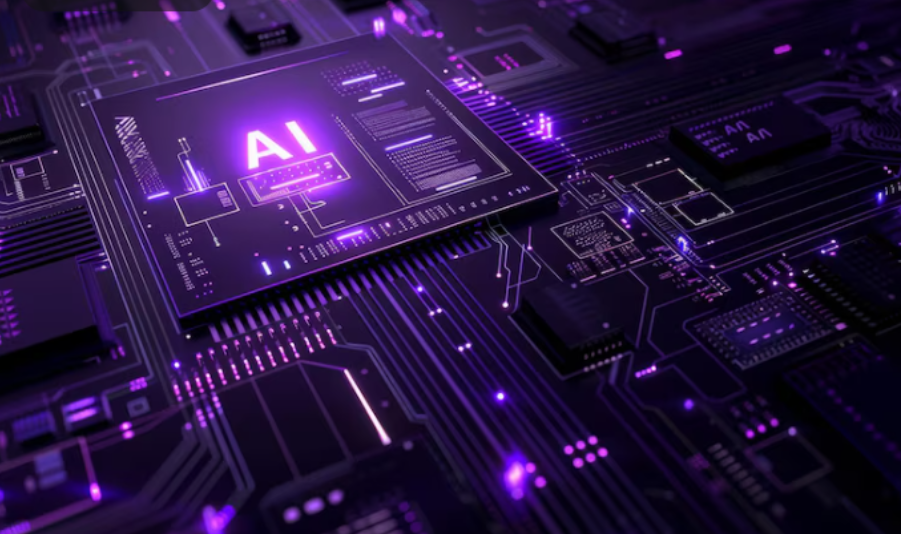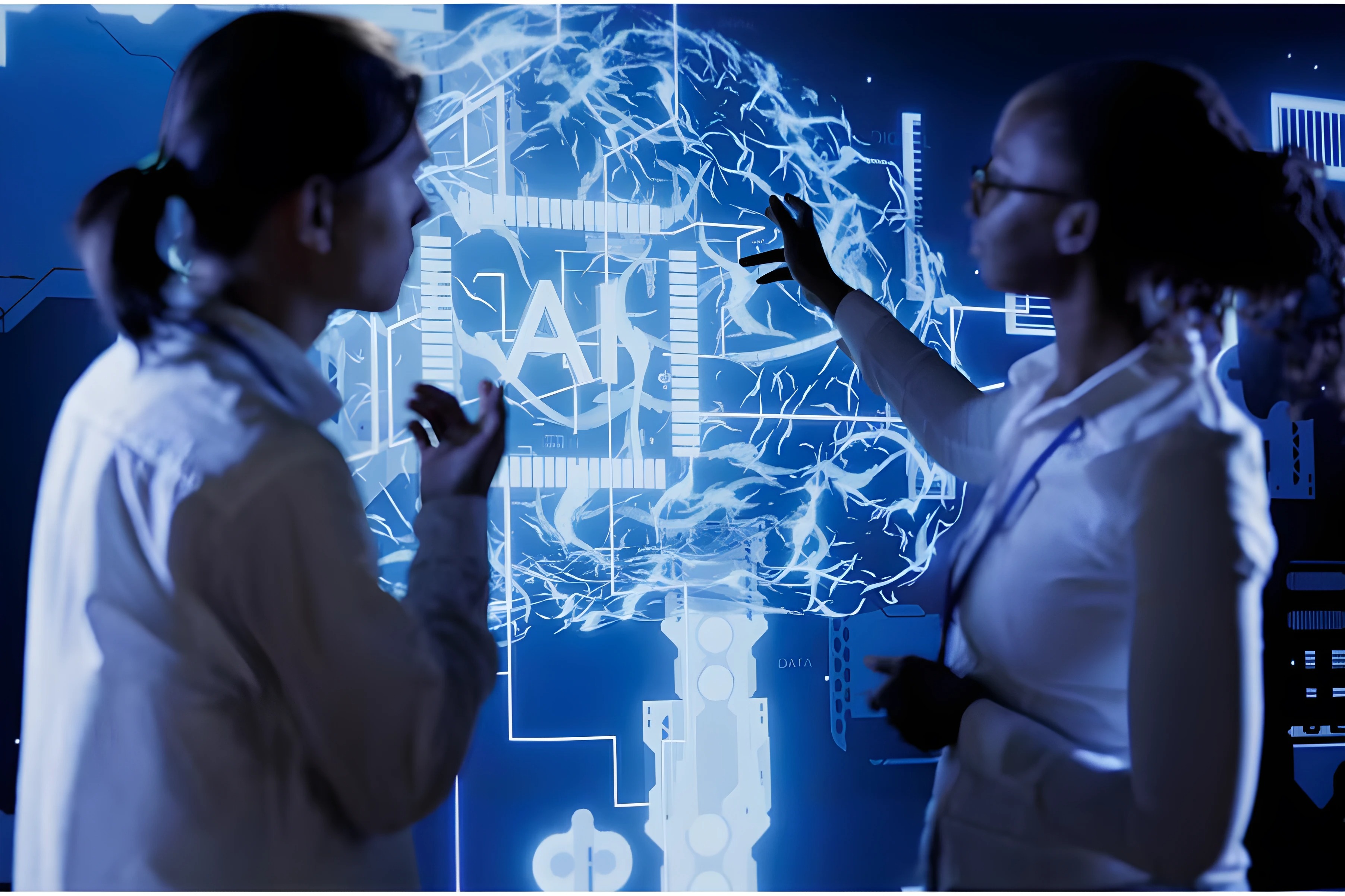
In the continuous and rapidly evolving technological world, artificial intelligence emerges as a transformative element for businesses across different industries. It is a game-changer for all businesses, offering to innovate and enhance customer experience. Also, generative AI business applications promise to innovate fully, allowing them to unlock new opportunities, creativity, and efficiency.
What is Generative AI?
A deep learning model, generative AI application software, can produce text, graphics, computer code, and audiovisual material in response to commands. Large amounts of raw data, usually the same kind that the models are designed to generate, are used to train generative AI models. The models can then use that data to formulate replies to random inputs statistically likely relevant to those inputs. For instance, some generative AI models learn from a vast quantity of text to reply to textual instructions in a natural and unique way.
Therefore, generative AI is much more like a human because it mimics humans more quickly. In many cases, generative AI can exceed human abilities. Here's a look at the future of generative AI in the enterprise space.
Enhanced Creativity and Innovation
Generative AI tools have entered the creative fields because they can benefit design and content generation. These tools are expected to greatly enhance innovation in the enterprise context. Consider a marketing team that uses AI as an idea generator, an idea tester coming up with and testing numerous campaigns, or a product development team that uses AI to model and optimize new product offerings. As such, generative AI can be a big booster to organizational innovation and corporate strategy; since AI can generate ideas much faster than humans, this should assist enterprises in introducing new ideas to the market before the competition does.
Personalized Customer Experiences
Customers are becoming more demanding, and organizations cannot afford to listen or adjust to do so. Some of the ways generative AI can improve the experiences of customers is through creating personalized content, advice, or communication. For instance, chatbots can engage customers in personalized conversations with the help of generative AI software that considers the preferences and previous actions of the shoppers made in the field. Thus, this level of segmentation can create a huge impact on customer satisfaction and loyalty.
Streamlined Operations and Efficiency
Probably the most tangible result of the introduction of generative AI in enterprise applications is improving efficiency. By so doing, AI can perform time-consuming tasks like entering, consolidating, and generating reports and answering standard customer questions. This automation relieves labor and personnel from deploying to other important activities within the organization, including decision-making and solving other intricate issues. Furthermore, they can also help with predictive maintenance by looking at data and foreseeing possible problems in an organization before they intensify, thereby reducing operational intermissions.
Hi-Tech Underlying Data Analysis and Decision Making
The third is related to the ability of generative AI to analyze large volumes of data, which is time-consuming to do if done manually. AI can then give insights in the form of patterns and trends, which give recommendations about what action should be taken. For example, in the financial industry, AI can simulate several economic conditions and tendencies in the marketplace to assist in firm investment. In the context of healthcare, generative AI can analyze patients' data and recommend corresponding therapy regimens. Data analytics amplifies the prospect of decision-makers by allowing the creation and analysis of intricate data models across industries.
Regulatory and Ethical Considerations
Ethical and legal issues will become vital as generative AI is incorporated into enterprise applications. Enterprises must address algorithmic bias, data privacy, and transparency issues. It will be essential to create and implement ethical AI rules to guarantee that AI technologies are applied suitably and do not reinforce preexisting biases or unfair practices.
Collaboration of AI and Humans
In enterprise applications, generative AI will not replace humans but will augment human skills. AI tools are intended to enhance human abilities and creativity. Businesses that successfully incorporate AI into their processes will be the most prosperous. Businesses can make better decisions with the partnership's strengths in both human innovation and the efficiency of applications of generative Ai.
Conclusion
With the ability of generative AI, businesses can boost creativity, customize user experiences, expedite processes, and enhance better decision-making processes. Generative AI has the potential to transform enterprise applications completely. Generative AI has a bright future in the industry, glorifying a new era of efficiency and creativity. So, for all businesses, generative AI agents service is a must to propel development and success in this competitive world.


